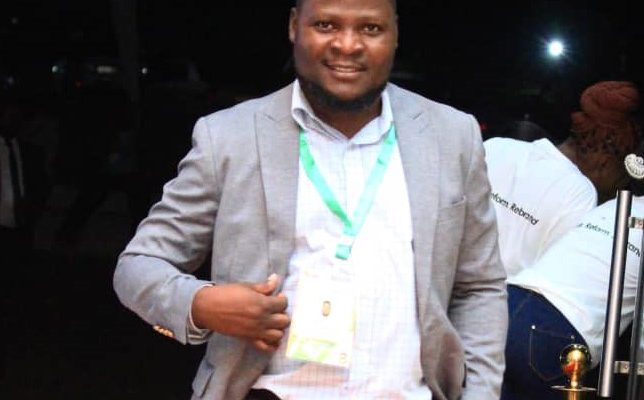
The Catholic Development Commission (CADECOM) in Malawi, a development arm of the Episcopal Conference of Malawi (ECM) with support from Norwegian Church Aid (NCA) and Danish Church Aid (DCA) will implement a 24-months Improved Livelihood and Resilience (ILIAR) for smallholder producers (Gift Catalogue-project) in Dowa district with a possibility of extension.
The project intends on reaching out to 750 individuals,300 men and 450 women aimed to promote gender equality in Agriculture, empowering 70 youth with sustainable agricultural practices, 30 persons with disabilities and people living with HIV ensuring inclusivity and addressing their unique challenges in farming.
Key project activities will include training of 21 frontline staff in agroecology, identification of 75 agroecology champions and selecting community leaders to promote agroecology practices, learning visits for the 75 champions to agroecological farms in Madisi EPA to observe best practices, among others.
Presenting the project to the District executive committee (Dec) in Dowa, CADECOMs National Office Programs Officer Aaron Kandiwo Mtaya, said Malawi has been susceptible to climate change, experiencing erratic rainfall patterns, droughts, floods and other weather shocks.
Mtaya said the unpredicted rainfall patterns have further accelerated scarcity of water for production hence low agriculture output saying farmers in Malawi have had challenges in accessing agriculture inputs (seeds, inorganic fertilizers, and pesticides), land degradation resulting in loss of soil fertility, and food insecurity.
He said Improved Livelihood and Resilience (ILIAR) for smallholder producers will contribute to the overall Climate Smart Economic Empowerment Goal of the NCA-DCA with emphasis on environmental resilience, implementing sustainable practices that empower smallholder farmers economically while simultaneously, protecting their environment.
The officer said the project will distribute 1500 goats on micro-investments to groups of farmers selected, saying the goats will be raised to market weight then sold, 60 percent of the profit will be re-invested in the business while 40 percent will be shared among the farmers.
“The project will provide access to low-cost solar powered energy (lamps) among male and female smallholder farmers, construction of 25 compost toilets and 3 seed banks, farmer community exchange visits to share knowledge and experiences in agroecological practices and community field days to show case agroecological techniques and share successes and will also promote water harvesting techniques for effective water conservation in homesteads, wetlands, and main fields,” said Mtaya.
He said the project will collaborate with the Dowa District Agriculture office to support the mobilization of farmers, building on previous interventions, policy and technical guidance for the promoted initiatives of facilitating connection between farmers and private companies in areas such as livestock, solar energy technology, and other agricultural products.
In his remarks, Dowa District Council’s Acting Chief Planning Officer Yusuf Laki, advised CADECOM to furnish Dec with progress reports of the project saying this will enhance cooperation, transparency and accountability of the project in the district.
Improved Livelihood and Resilience (ILIAR) for smallholder producers (Gift Catalogue-project) will be implemented in the area of Traditional Authority Mponela, Mponela EPA at a total project budget of K412,404,738.70














